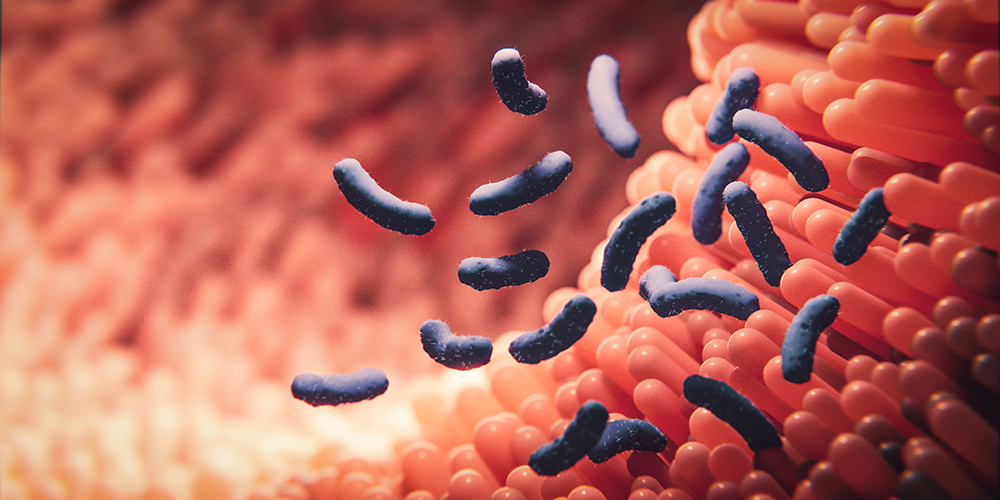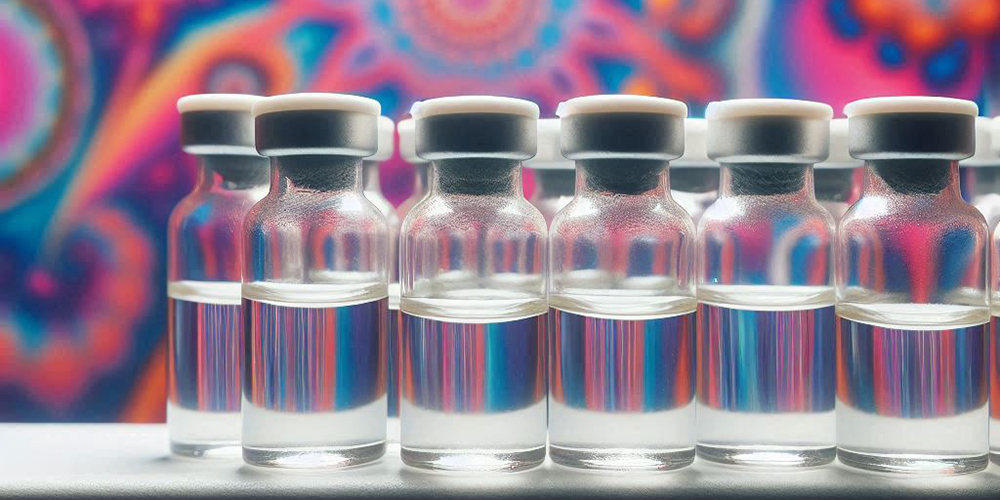Researchers turn cancer cells into less harmful cell types
Cancer cells resemble stem cells in being extremely adaptable. University of Basel researchers have identified compounds that artificially mature breast cancer cells of the highly aggressive triple negative subtype and convert them to a state that resembles normal cells.
21 September 2022
Cancer occurs when cells grow uncontrollably and spread to other organs in the body. Cancer cells differ from normal cells in many ways. One characteristic of cancer cells is their high adaptability to different environments in the body and to drug treatments. In this characteristic, they resemble stem cells or cells in an early stage of maturation.
Researchers at the University of Basel and the University Hospital Basel have tested the possibility of artificially maturing (or more precisely, differentiating) breast cancer cells as an approach to turn them into a more normal type of cell.
Differentiation is a therapeutic strategy that has been successfully implemented in treating blood-borne cancers but not yet in solid tumors. In the journal Oncogene, a research group lead by Professor Mohamed Bentires-Alj now reports promising new results. The researchers were able to use differentiation to treat an especially aggressive type of carcinoma called triple negative breast cancer.
“We show here that we can convert breast cancer cells to less harmful cells that stop growing,” says Bentires-Alj who is a group leader at the Department of Biomedicine.
The dual activity of the estrogen receptor
The hormone estrogen acts as a signaling molecule in cells by binding to its cognate receptor, the estrogen receptor, thereby inducing a range of biological effects. In the normal breast, cells that express the estrogen receptor are mature specialized breast cells and do not proliferate.
In contrast, in a fraction of breast cancers cells that express the estrogen receptor proliferate significantly. These breast cancers are called estrogen receptor-positive breast cancers and comprise about 75% of all breast cancer cases. Because they are susceptible to estrogen, they can be treated with anti-estrogenic therapies, which are highly effective in patients.
The triple-negative breast cancer subtype however, is not susceptible to estrogens or anti-estrogens. This type of carcinoma occurs mainly in pre-menopausal women and often lacks effective treatment options. “Our initial idea was to induce estrogen receptor expression in order to convert triple-negative breast cancer into estrogen-receptor positive breast cancer because of more effective treatment options available for this subtype,” says the study’s lead author Dr. Milica Vulin.
In collaboration with Novartis, the research team tested more than 9500 compounds for their efficacy in reaching this goal. They found that the compounds showing the most promising results were inhibitors of an essential cell cycle protein called polo-like kinase 1 (PLK1). Inhibiting this protein resulted in the desired increased expression of the estrogen receptor. To the researchers’ surprise, this did not just convert the triple-negative breast cancer cells to a more manageable type of cancer cells. It converted them to cells that are similar to normal cells.
Implications for treatment
“Understanding the cellular and molecular mechanisms that define cancer and how these mechanisms differ from normal cells is crucial for developing new innovative therapies,” says Bentires-Alj. The results open a new avenue for treating triple-negative breast cancer. “The compounds used in this study are already in clinical trials to treat other cancer types, including blood-borne, lung, and pancreatic cancer,” the researcher continues. This underlines the possibility of testing these compounds in clinics and in treating breast cancer.
Especially in the era of immunotherapies, it has been suggested that “normal-like” cells can be cleared by the immune system while “cancerous” cells evade killing by immune cells. In the future, it remains to be determined if differentiation therapy can be combined with immunotherapies. “We are pursuing such strategies, and only time and resources are in our way to make further progress,” the researchers conclude.
Original publication
Milica Vulin et al.
A high-throughput drug screen reveals means to differentiate triple-negative breast cancer
Oncogene (2022), doi: 10.1038/s41388-022-02429-0
Further information
Prof. Dr. Mohamed Bentires-Alj, University of Basel, Department of Biomedicine, University Hospital Basel, phone +41 61 26 53 313, email: m.bentires-alj@unibas.ch



